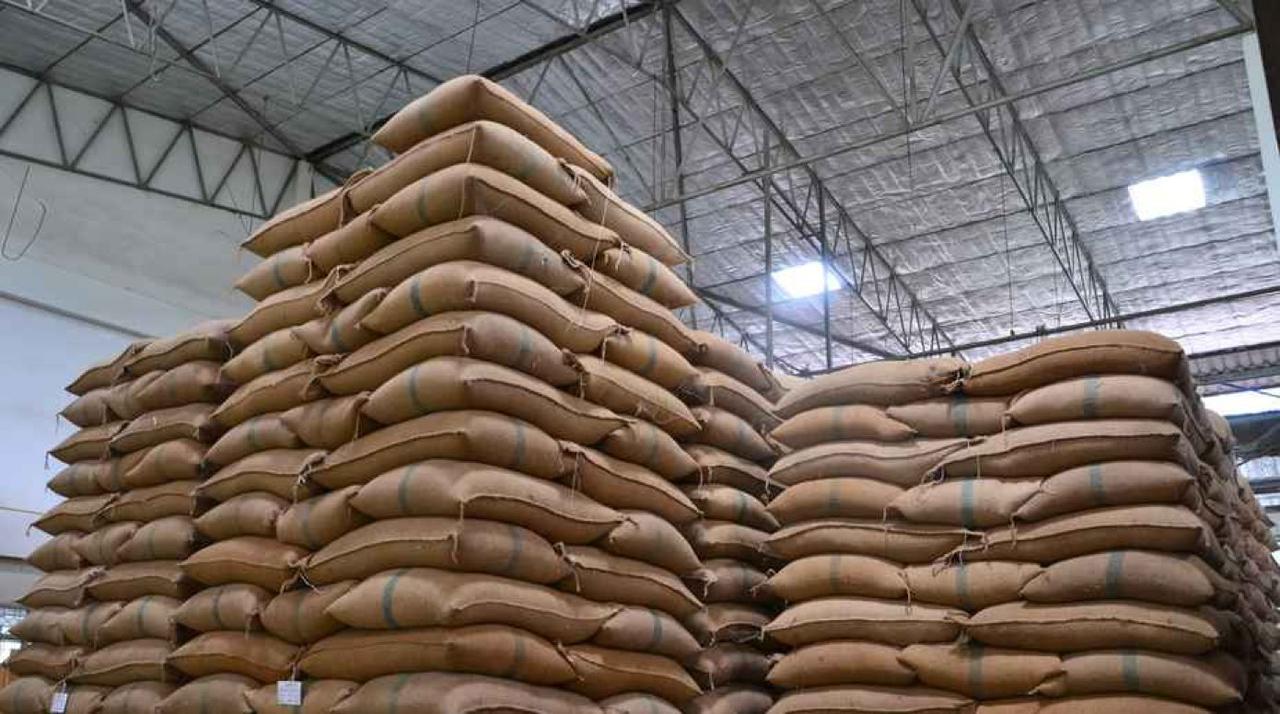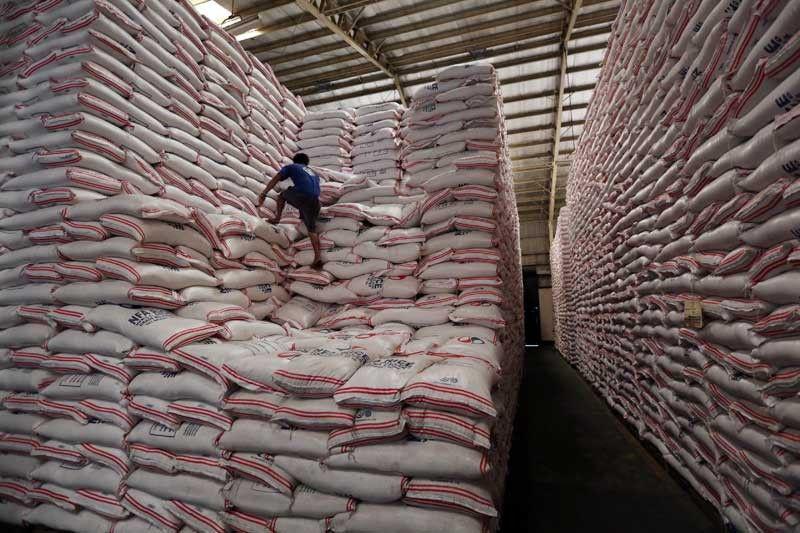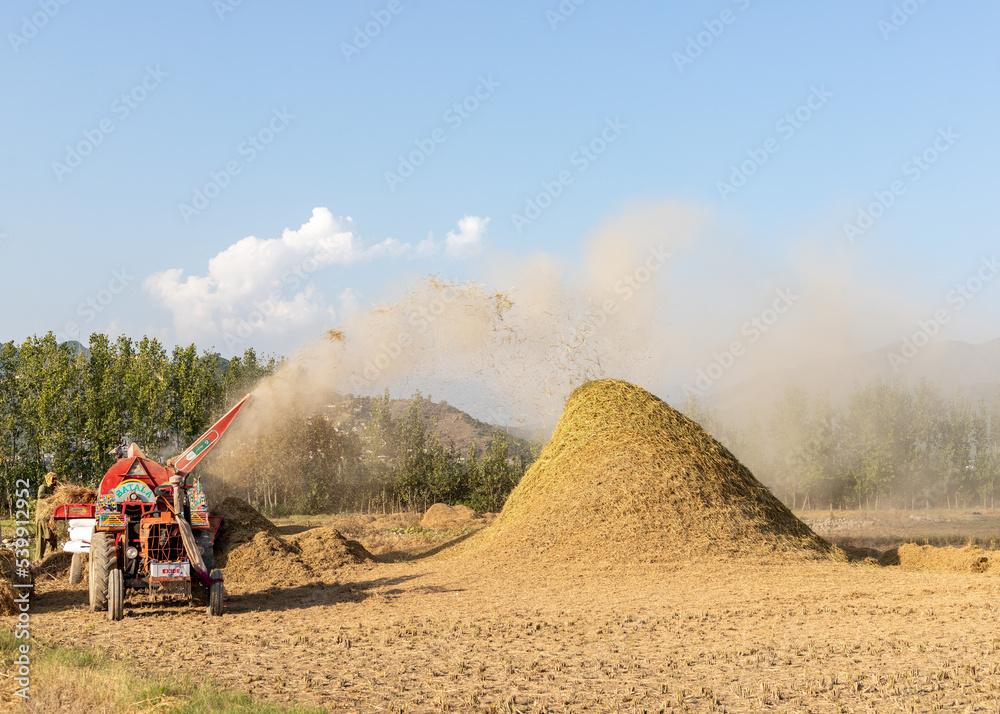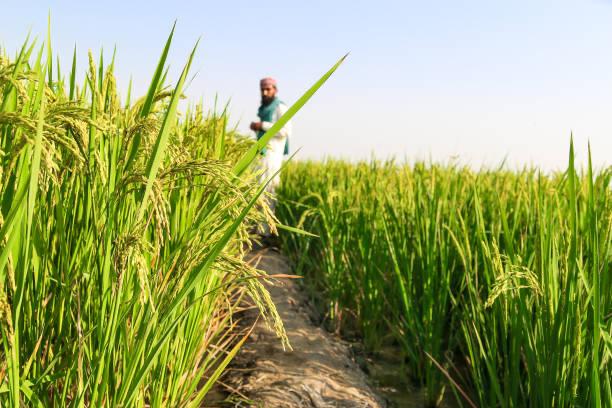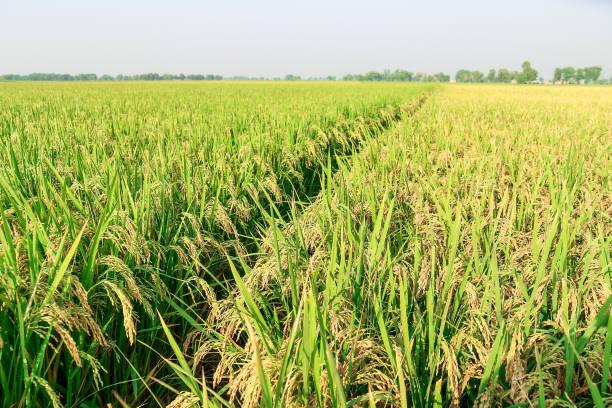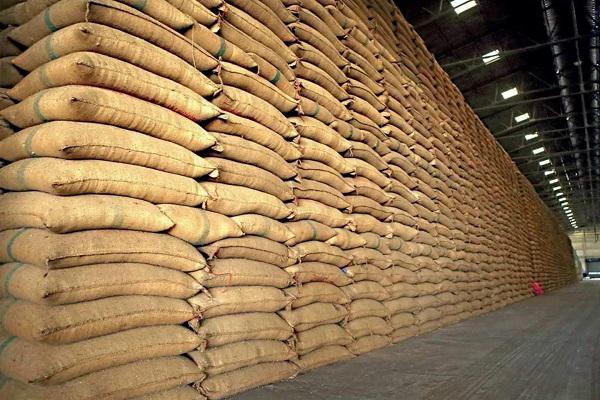
Rice
Product information
Description
Pakistan is renowned worldwide for its
exquisite rice, which is highly regarded for its exceptional quality and production
amount. This South Asian country has established itself as a formidable player in
the global rice industry, offering a wide variety of rice types that cater to
diverse culinary preferences. With a rich agricultural history and favorable
geographical conditions, Pakistan has become one of the leading rice-producing
nations in the world.
When it comes to rice production, Pakistan consistently ranks among the top five
countries globally. The country's fertile lands, coupled with its extensive
irrigation system, contribute to the ideal conditions required for cultivating
high-quality rice. The agriculture sector in Pakistan employs a significant portion
of the population, ensuring that ample attention is paid to each step of rice
cultivation, guaranteeing outstanding results.
The rice produced in Pakistan is known for its exceptional taste, aroma, and
texture, making it highly sought after in both domestic and international markets.
Basmati rice, a specialty of Pakistan, is internationally acclaimed for its long,
slender grains and delicate flavor. Other popular rice varieties produced in the
country include IRRI-6, Super Kernal Basmati, and PK-385.
Pakistan is a significant exporter of rice, with a substantial portion of its
production being shipped to various destinations around the world. The country's
rice is particularly popular in the Middle East, where it is widely used in
traditional cuisines. Furthermore, Pakistani rice is favored in countries across
Europe, North America, and Africa, where it is highly regarded for its premium
quality.
Harvesting season in Pakistan largely depends on the rice variety being cultivated.
The main rice crop, known as "Kharif," is sown between May and June, with the
harvest taking place between September and October. Another rice crop, known as
"Rabi," is sown from November to December and harvested from April to May. The
timing of these seasons ensures a consistent supply of rice throughout the year,
allowing for uninterrupted trade and export activities.
In recent years, Pakistan has focused not only on increasing the quantity of rice
production but also on improving its quality and sustainability. The government, in
collaboration with various agricultural research organizations, has implemented
modern farming techniques, including the use of hybrid seeds and advanced machinery,
to enhance productivity and maintain strict quality standards.
With its exceptional rice production capabilities, Pakistan has cemented its
position as a prominent player in the global rice industry. The country's commitment
to quality production, diverse rice varieties, export destinations, and steady
harvesting seasons ensures its continued success in meeting the growing global
demand for rice.
